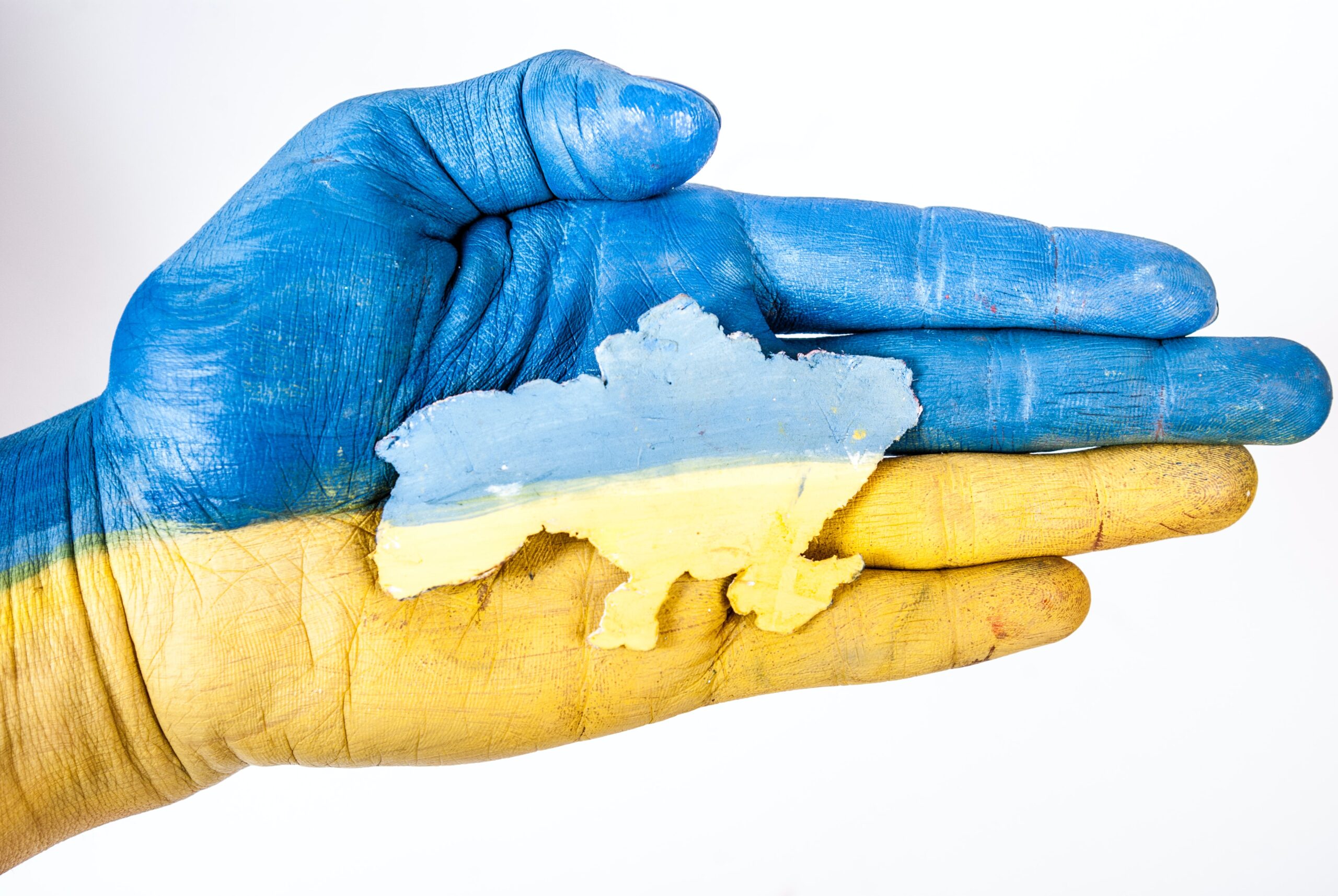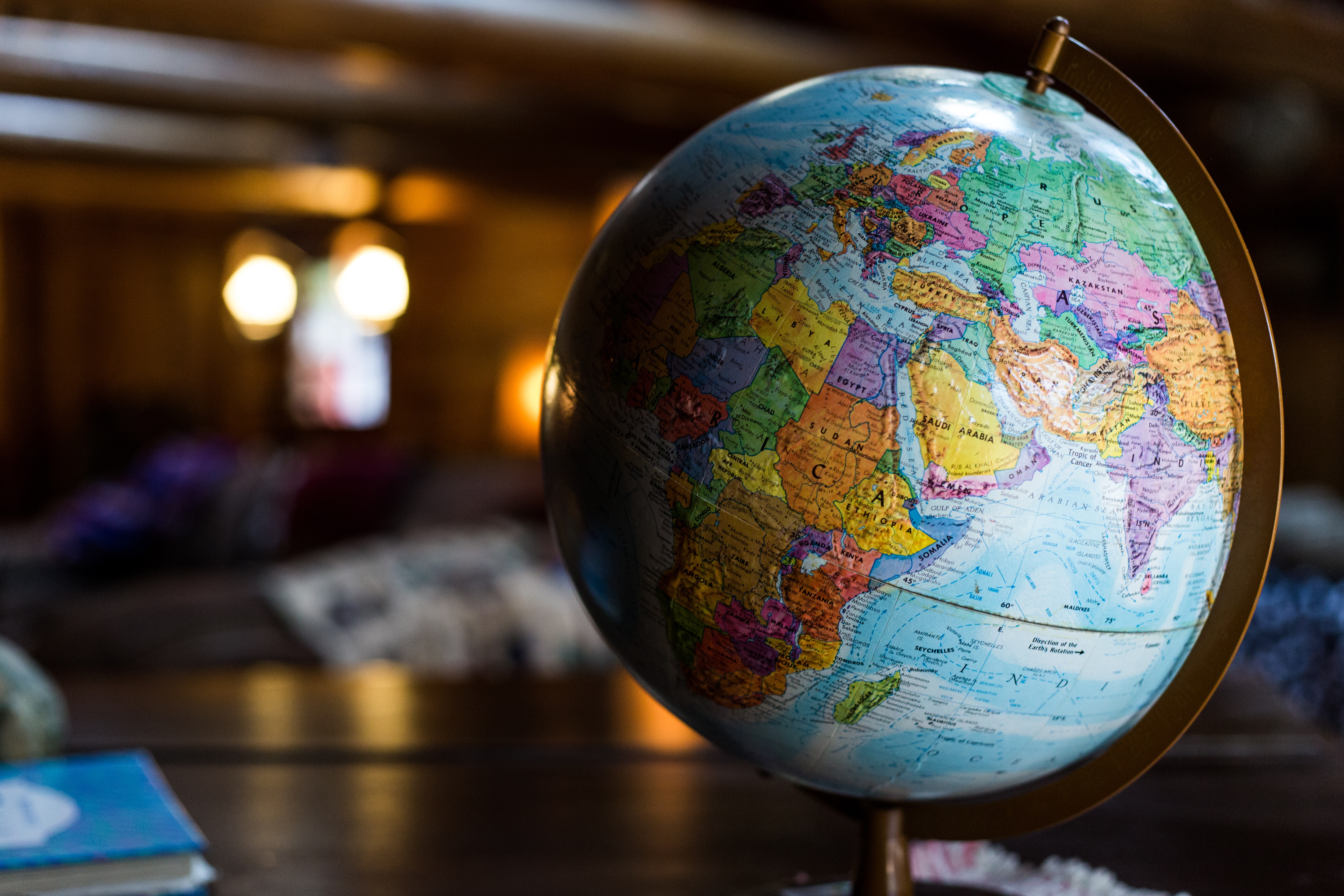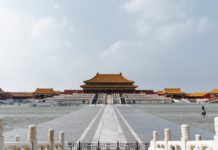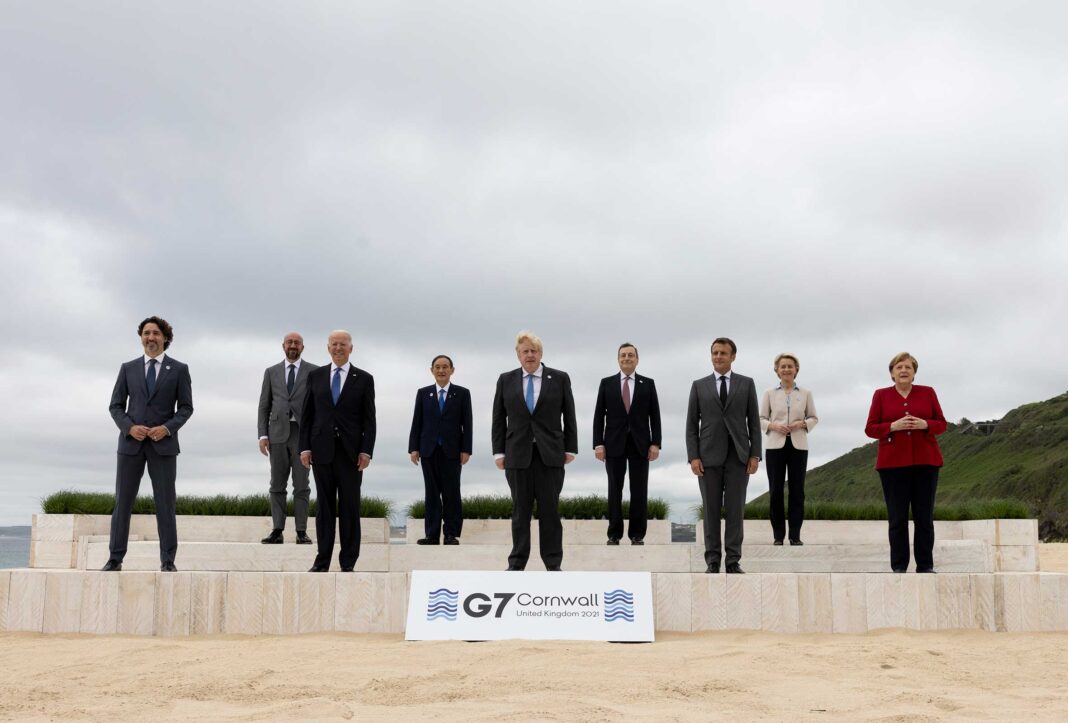Back to the Future is a Hollywood hit of the eighties that is as much about time travel as it is about taking control of one’s own destiny. It is also fittingly a good analogy for what happened at the recent series of international summits – from the UK-hosted G7, the NATO Summit, the series of US-EU meetings in Brussels and Biden’s meeting with Putin in Geneva.
Looking past political posturing, we can discern a few elements of substance that can help understand where things are headed, where divisions lie and where interests coalesce. A lot was said, discussed and agreed during these summits, but for brevity reasons I am only touching on some of the key outcomes.
Pressing the restart button
Starting with the US and the UK, Biden and Johnson announced the signing of a New Atlantic Charter to “affirm our ongoing commitment to sustaining our enduring values and defending them against new and old challenges.” The original Atlantic Charter, of course, dates from 1941 when Roosevelt and Churchill agreed a list of eight principles that were to guide their two nations during and after World War II.
Fast forward to 2021 and both nations are very eager to retake control of their respective destinies and close a period which has raised serious questions about their ability to lead globally. With their renewed charter, Washington and London want to press the restart button and signal their return to the world stage.
But they both know that it will not be enough to play catch up. The world needs them to lead, propose and find solutions to both traditional challenges and complex emerging risks. A set of high-level principles, albeit welcome, does not automatically translate into coherent strategy.
Slogans, substance and trust
Turning to the UK, Johnson’s attempt to project Global Britain as something with substance and not just a marketing slogan was and will continue to be partly hampered by post-Brexit hangovers and the devastating impacts of the pandemic. These include UK-EU tensions over implementation of the Northern Ireland Protocol and Britain’s cuts to foreign aid at a time where, more than ever, the world needs the solidarity of the richest nations.
Johnson’s special guests to the G7 included Australia, South Africa, South Korea and India, in a clear indication of the UK’s post-Brexit foreign policy priorities. But India’s Prime Minister Modi was unable to physically join the summit due to his country’s dire Covid-19 situation. Against this context, the G7 announcement to donate one billion vaccines to poorer nations, a tenth of what the WHO has said the world needs, has been received with chills. It also raises questions about how global Johnson’s new Britain is.
Values, interests and power
Biden’s meeting with Putin delivered some interesting outcomes. Firstly, they concluded that although the US and Russia disagree on almost everything, they should still seek to cooperate in areas of common interest, such as arms control, for which they agreed to restart diplomatic channels. This is an important step that should not be underplayed: any dialogue is better than no dialogue.
Biden and Putin also agreed to cooperate on cybersecurity, but it is hard to anticipate progress in this area. Indeed, while talking cooperation Biden also threatened his counterpart with retaliation should Russian cyber-attacks on US infrastructure continue.
Finally, Biden expressed concerns over human rights in Russia but also made a rare exercise of strategic coherence when he explicitly said that values should not detract from pursuing common agendas – as long as Russia does not cross red lines. These outcomes are not much in of themselves, but they are good steps in the right direction considering how low US-Russian relations remain.
Systemic rivalry and grand ideas
The loudest message coming out of the summits was that China presents a systemic challenge to the rules-based international order. Even NATO, which for most of its history has focused on the Soviet Union and Russia, has adopted the language which the UK and the EU had already deployed: the West now sees China as a systemic rival and competitor.
This also carries an implicit message for US allies in Europe: the US may talk the Russian game, but it increasingly sees Russia as a European problem that Europeans need to address. Russia may be a disruptor of sorts, but it is China that the US worries mostly about.
To counter Beijing’s growing influence, Biden announced the launch of Build Back Better World (B3W), a US-led global infrastructure version of China’s Belt and Road Initiative (BRI). Details are yet to be revealed, and questions are inevitable: is this a credible initiative? Where will the money come from, especially given that advanced countries have not met their climate financing commitments under the 2015 Paris Agreement?
Still, the US and Europe should not delay implementing this strategy if they want to mount a credible challenge to China’s BRI.




























